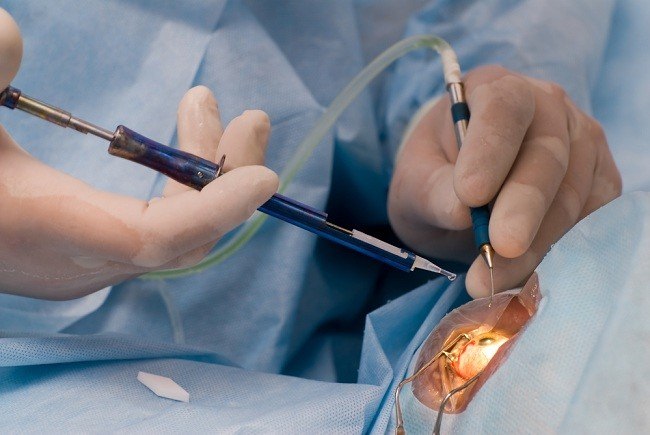When they see blood coming out of their nose, most people will immediately panic because they think it's a sign of a serious condition. However, generally The cause of epistaxis or nosebleeds is not dangerous.
Nosebleeds occur when blood comes out of the nose, it can come from the front of the nose (anterior) or the back of the nose (posterior), and blood can also come from one or both nostrils. However, most epistaxis originates anteriorly and exits only one nostril.

Causes of Epistaxis You Need to Know
Anterior epistaxis is usually easy to treat, is not a serious sign and can be treated with home care. Meanwhile, posterior epistaxis (blood flowing into the mouth and throat) is more complicated and requires treatment from a doctor.
This condition can occur at any age, but is more common in children aged 2-10 years and adults aged 50-80 years. Bleeding that occurs can last from a few seconds to 10-15 minutes, or even longer.
The following are some of the causes of anterior epistaxis:
- Dry air makes the inside of your nose dry and prone to bleeding and infection.
- Hot air.
- Scrape the nose with sharp nails.
- Blowing your nose too hard.
- Was in the highlands.
- Minor injury to the nose.
- Nasal congestion due to cold or flu.
- Sinusitis.
- Allergy.
- Excessive use of decongestants.
- A crooked nose (deviated septum) that is congenital or the result of an injury.
While the causes of posterior epistaxis are:
- Broken nose.
- Hardening of the walls of the arteries (atherosclerosis).
- Nose surgery.
- A genetic disease that affects the blood vessels.
- A blow or blow to the head.
- Use of drugs that can trigger bleeding, such as aspirin and anticoagulants.
- Blood clotting disorders.
- Tumors in the nasal cavity.
- Leukemia.
Do This If You Have Epistaxis
Seeing blood coming out of your nose might make you so shocked that you don't know what to do. Actually, how to deal with epistaxis is easy and you can do it yourself. Here's how to handle epistaxis independently:
- Sit up straight and lean forward. An upright position reduces pressure in the blood vessels in the nose, and can prevent more bleeding. The forward leaning position is to avoid swallowing nosebleed blood. If swallowed, may irritate the stomach.
- Exhale through your nose, like blowing your nose, but do it slowly to clear your nasal passages of blood clots.
- Then pinch your nostrils with your thumb and forefinger to stop the bleeding. Do it on both holes even if the bleeding only comes out in one hole. Do it for 5-10 minutes. During clamping, you can breathe through your mouth.
If the bleeding still doesn't stop, repeat the steps above. After the bleeding stops, it is advisable to hold your head up (don't look down) for a few hours to prevent the blood from flowing back.
Although there is no need to panic when you have a nosebleed, you are still advised to consult a doctor if the nosebleed or epistaxis does not subside immediately after being treated at home. In addition, also consult a doctor if nosebleeds occur repeatedly.









